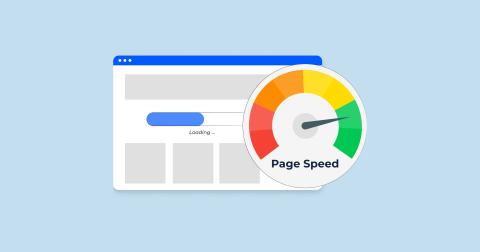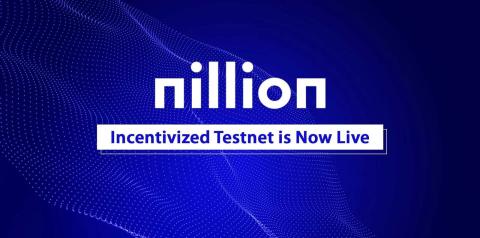Optimizing Your Website Speed: A Comprehensive Guide on Choosing the Best Hosting Service and Enhancing Your Website's Performance

Your guide on "Faster Hosting to Boost Your Website Speed" provides valuable insights into the importance of speed in web hosting for small business owners. Here's a summary of the key points and recommendations:
Importance of Faster Hosting:
1. User Experience: Faster hosting ensures a positive user experience, reducing frustration and enhancing engagement.
2. Search Engine Rankings: Speed is a ranking factor for search engines like Google, influencing your website's visibility in search results.
3. Increased Conversions: Quicker load times contribute to higher conversion rates, improving sales and user interactions.
Features of Faster Hosting Providers:
1. Fast Servers: Quality hosting services use advanced servers for rapid load times and optimal performance.
2. Uptime Guarantee: A reliable hosting provider ensures a high uptime (e.g., 99.9%), minimizing downtime and disruptions.
3. Caching Technology: Advanced caching technology accelerates website loading, even during high traffic periods.
4. SSL Security: SSL encryption not only secures your website but also enhances performance and trust.
5. WordPress Optimization: The best hosting services are optimized for WordPress, offering improved overall performance.
Optimizing Website Speed:
1. Image Optimization: Compress images and videos to reduce file sizes without compromising quality.
2. Minimize HTTP Requests: Combine CSS and JavaScript files, minimize redirects, and use browser caching to reduce HTTP requests.
How Often to Upgrade Hosting:
1. Every 12-18 Months: Consider upgrading your hosting service regularly to keep up with technology and ensure optimal website performance.
2. Other Optimizations: Implement content delivery networks (CDNs), optimize images, and use caching plugins to further improve speed.
Choosing a Faster Hosting Provider:
1. Fast Servers: Prioritize hosting providers with the latest hardware and high-speed servers.
2. Uptime Guarantee: Select a provider with a high uptime guarantee to ensure your website is always accessible.
3. Caching Options: Look for providers offering advanced caching options for improved website speed.
4. SSL Certificate: Choose a provider that includes SSL security to encrypt data and enhance performance.
5. Load Time Optimization: Optimize load time by compressing images, minimizing plugins, and reducing HTTP requests.
6. WordPress Specialization: If using WordPress, opt for hosting providers specializing in WordPress hosting for tailored optimizations.
Testing Website Speed:
1. Use Speed Testing Websites: Utilize tools like Pingdom, GTmetrix, or Google's PageSpeed Insights to analyze your website's load time, performance, and uptime.
2. Monitor Uptime: Use tools like UptimeRobot to monitor your website's uptime and address any issues promptly.
Conclusion:
Faster hosting is essential for small business websites to enhance user experience, improve search engine rankings, and increase conversions. Regular upgrades, optimal hosting provider selection, and website optimizations contribute to achieving faster hosting and ensuring a successful online presence.









